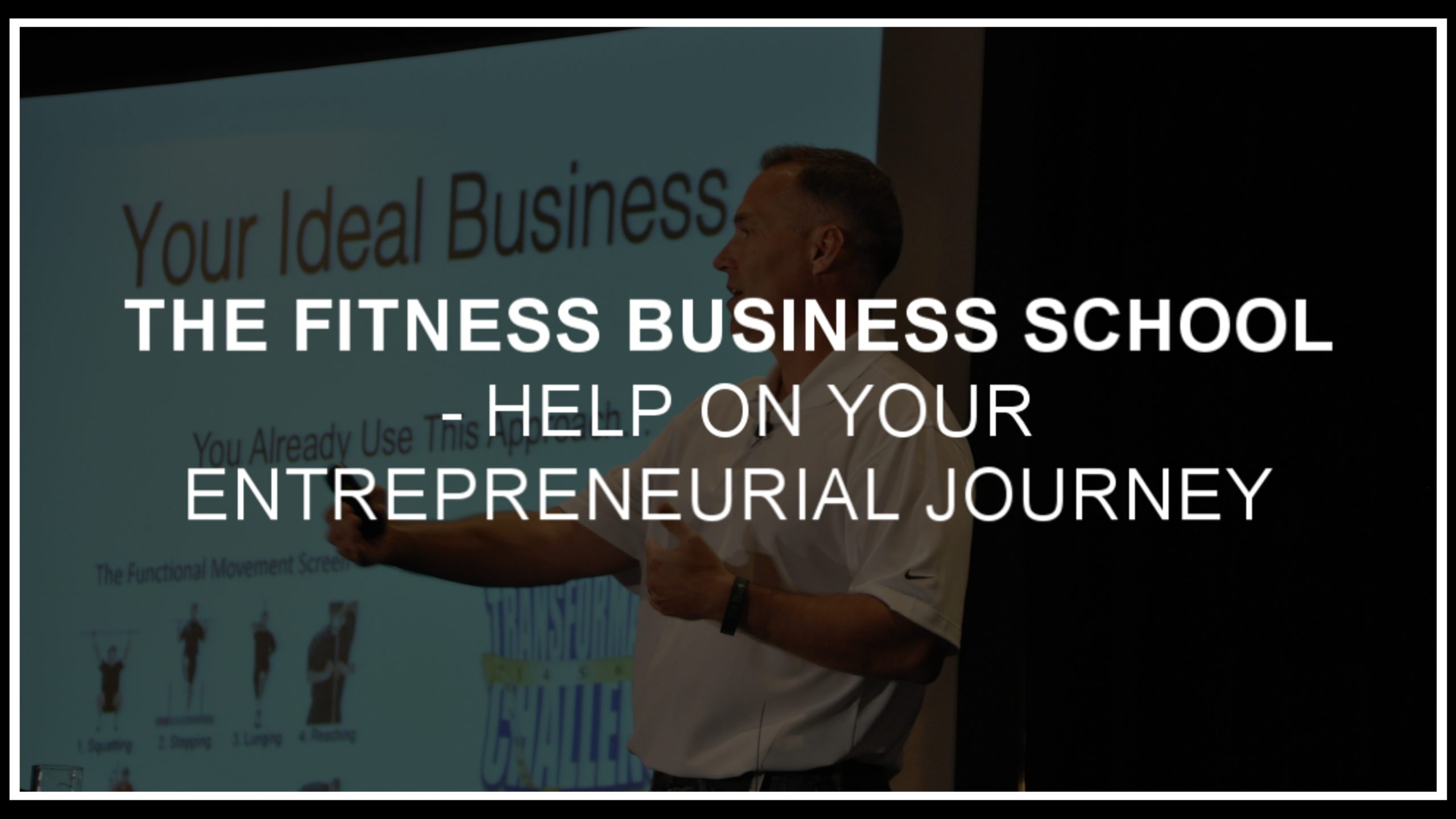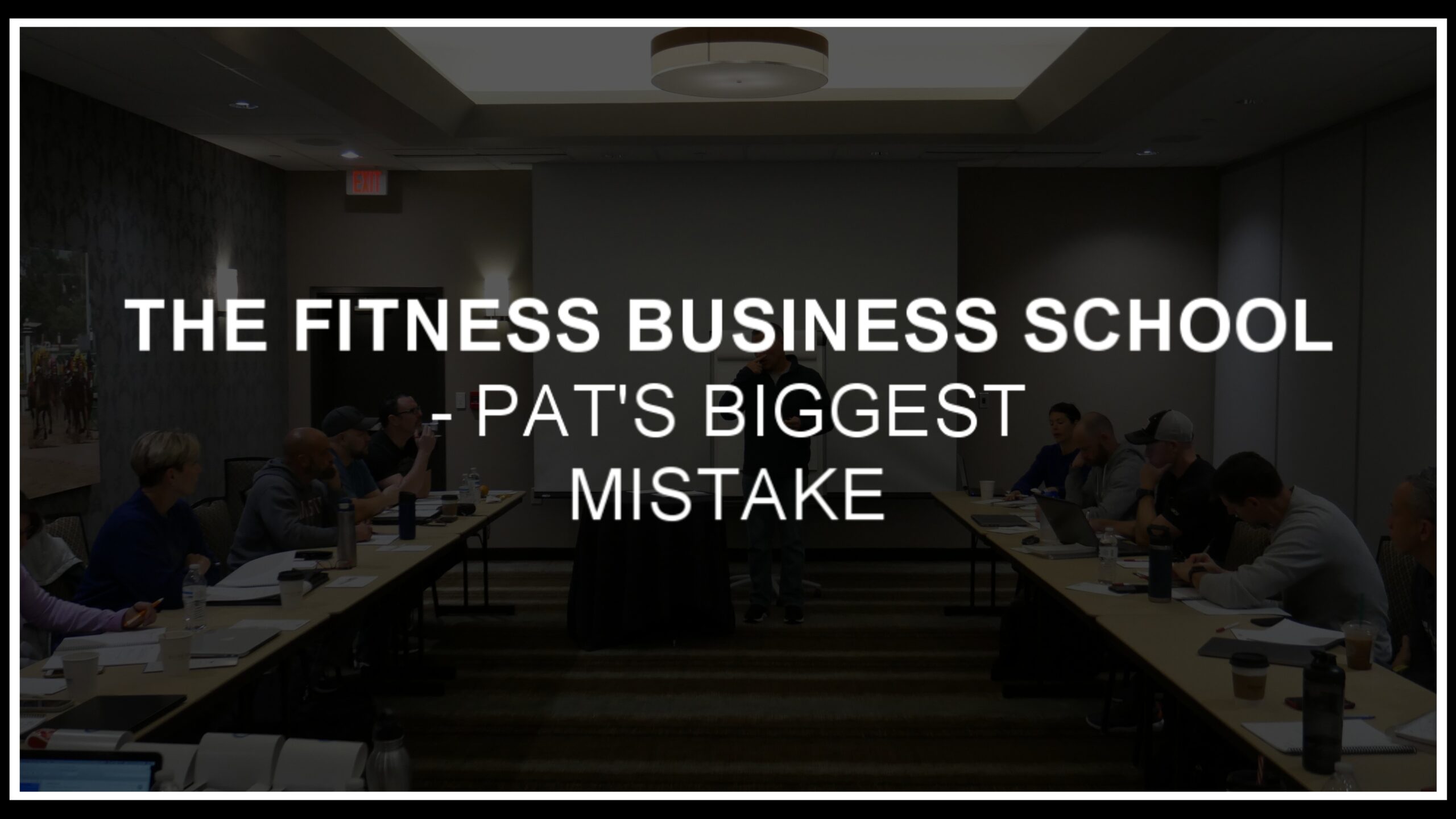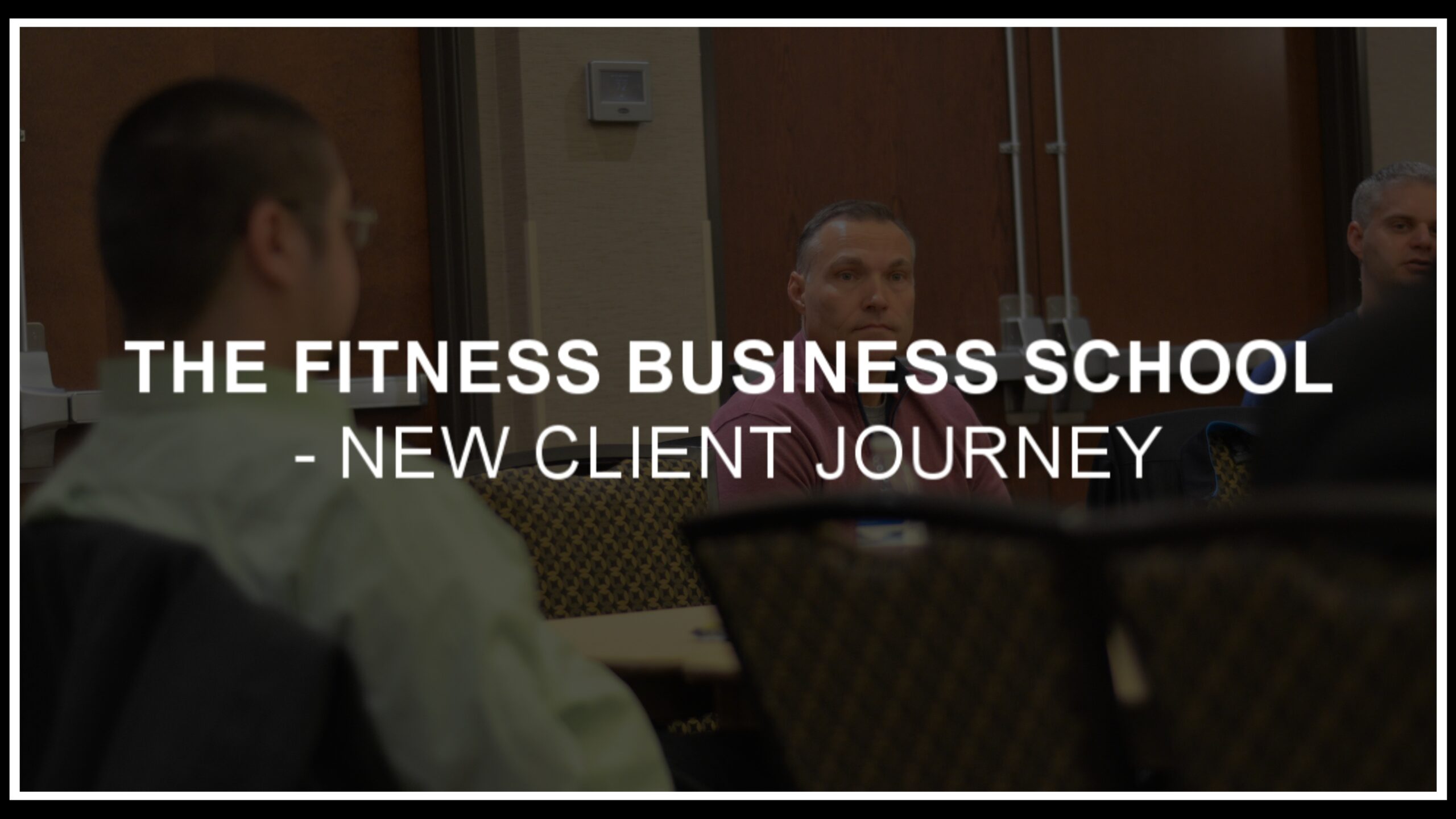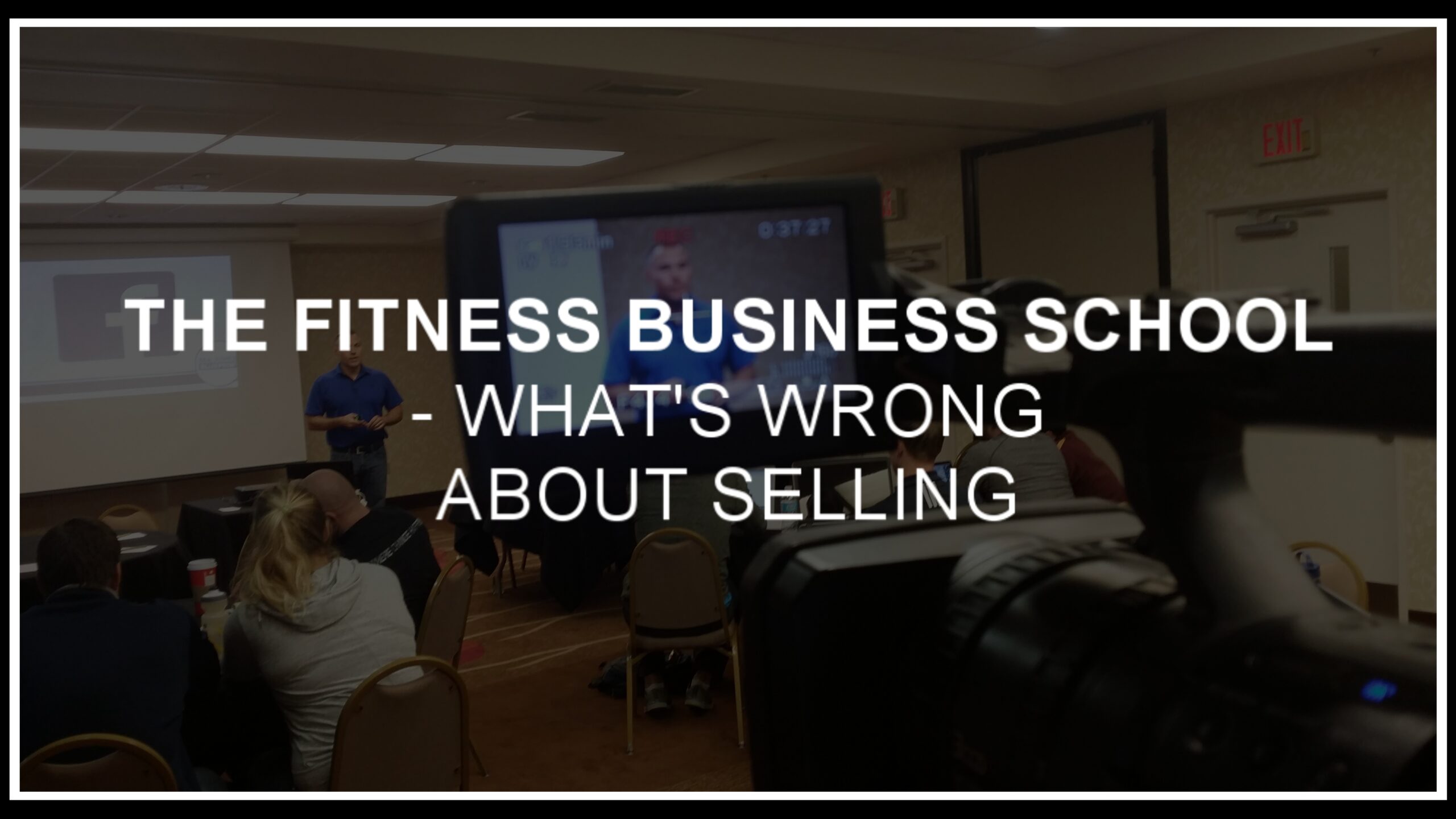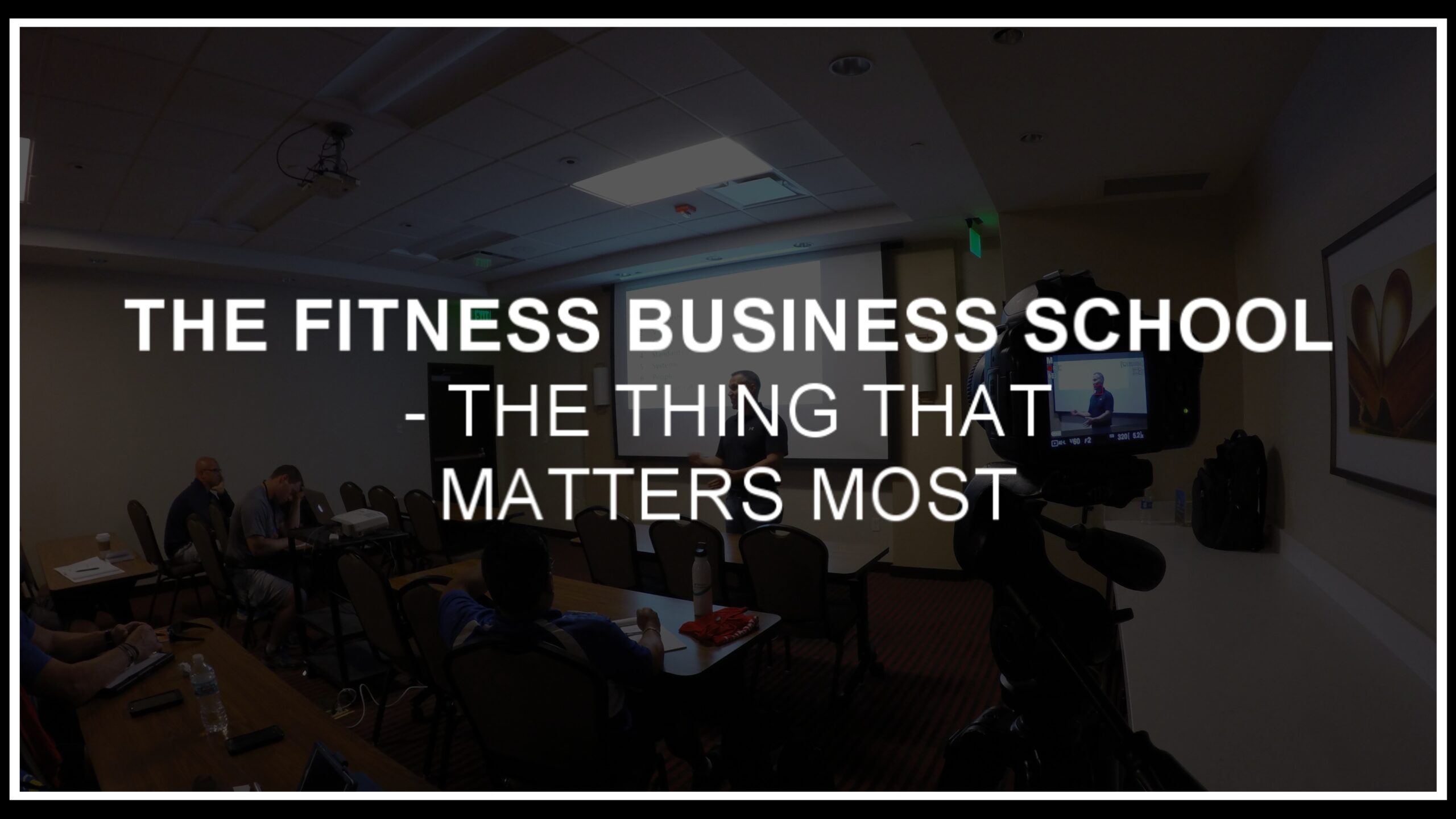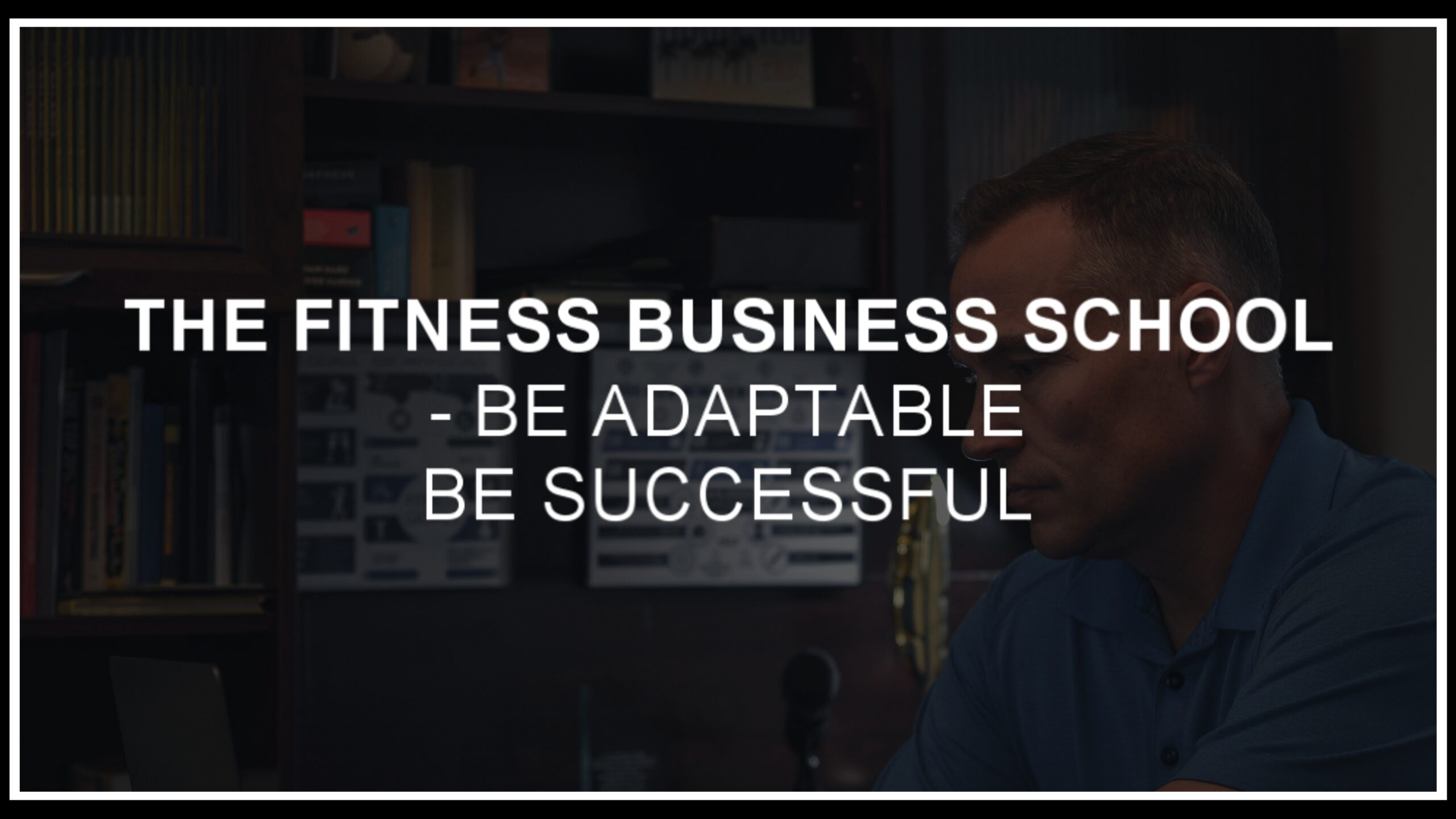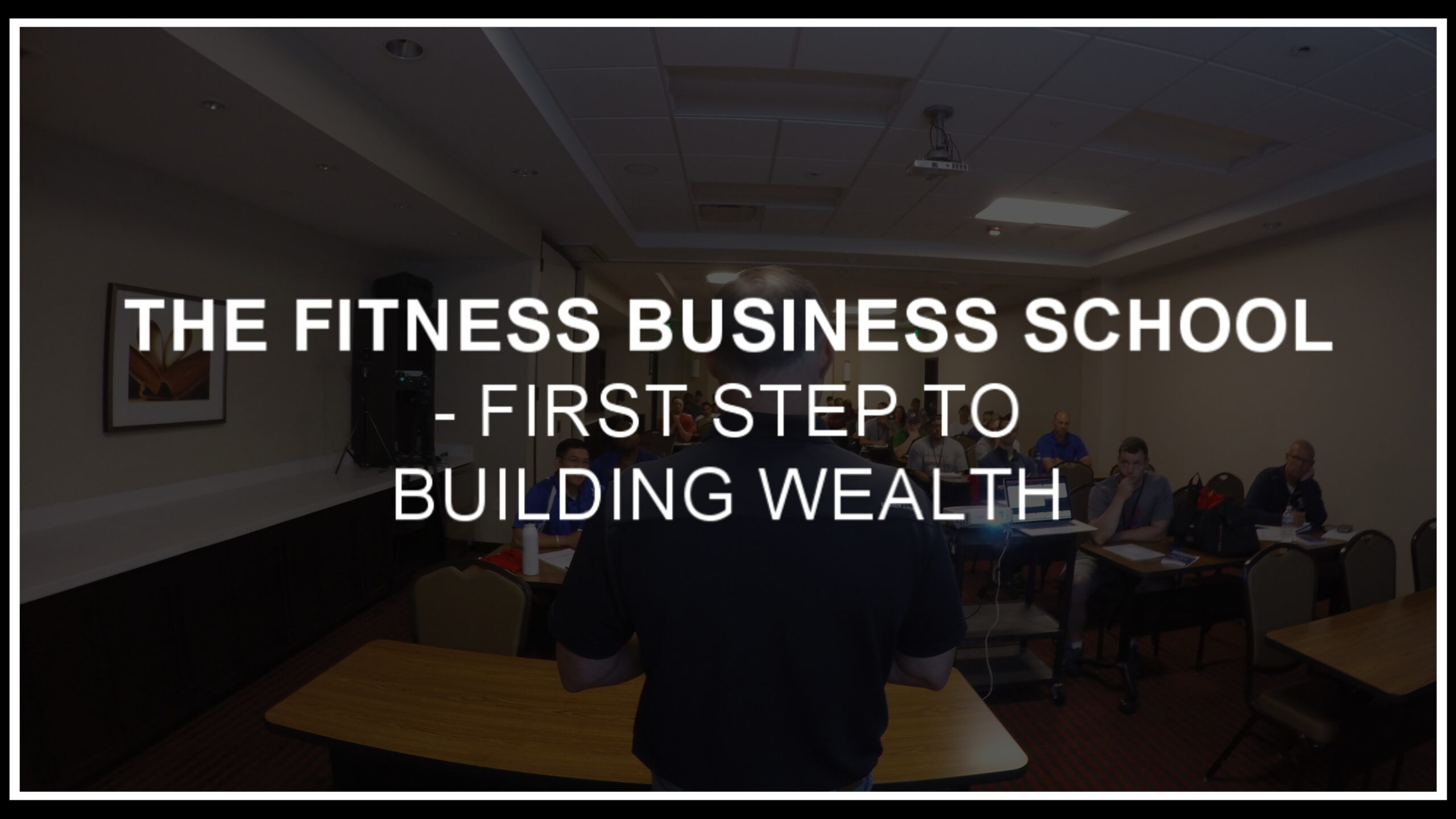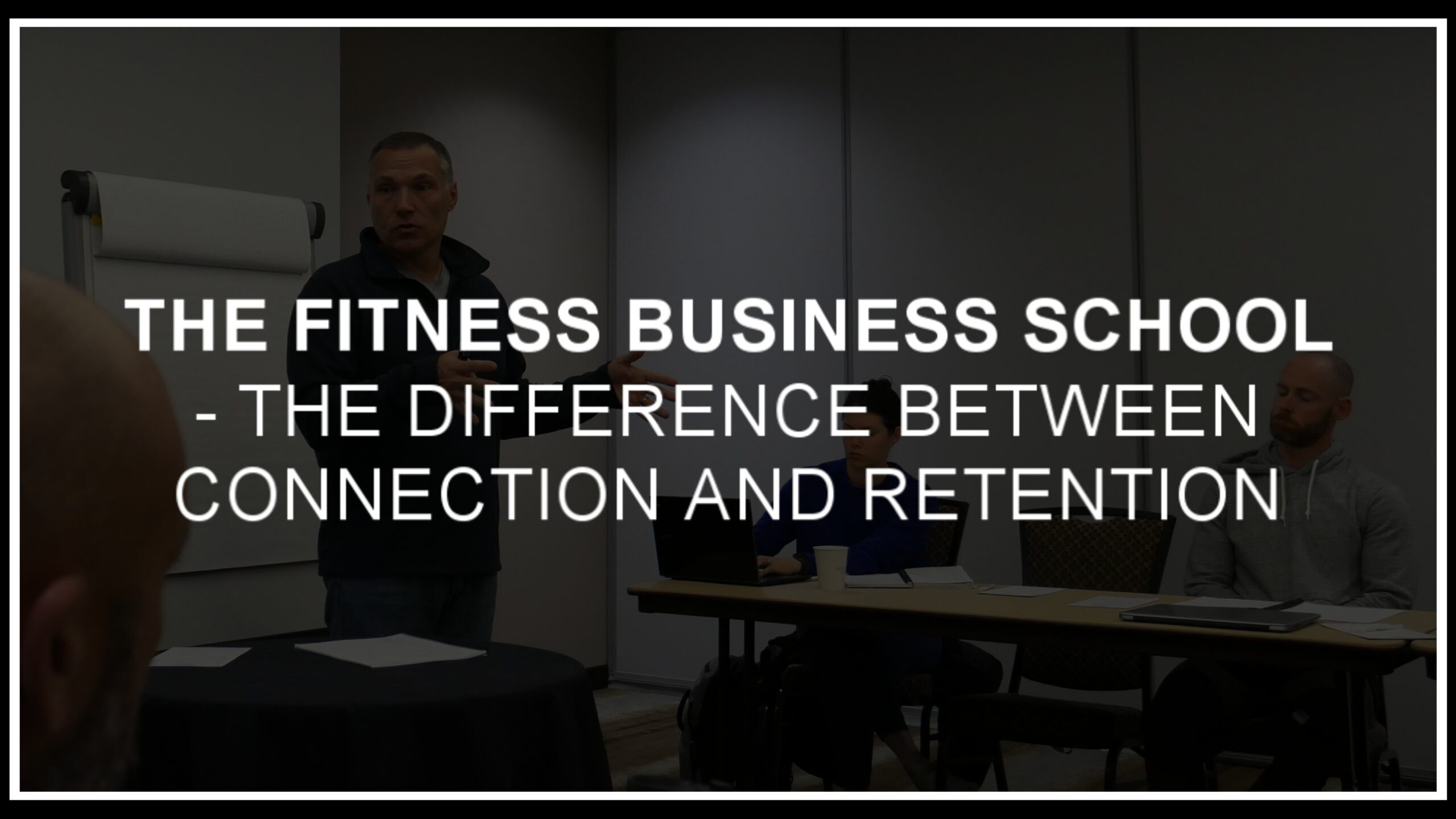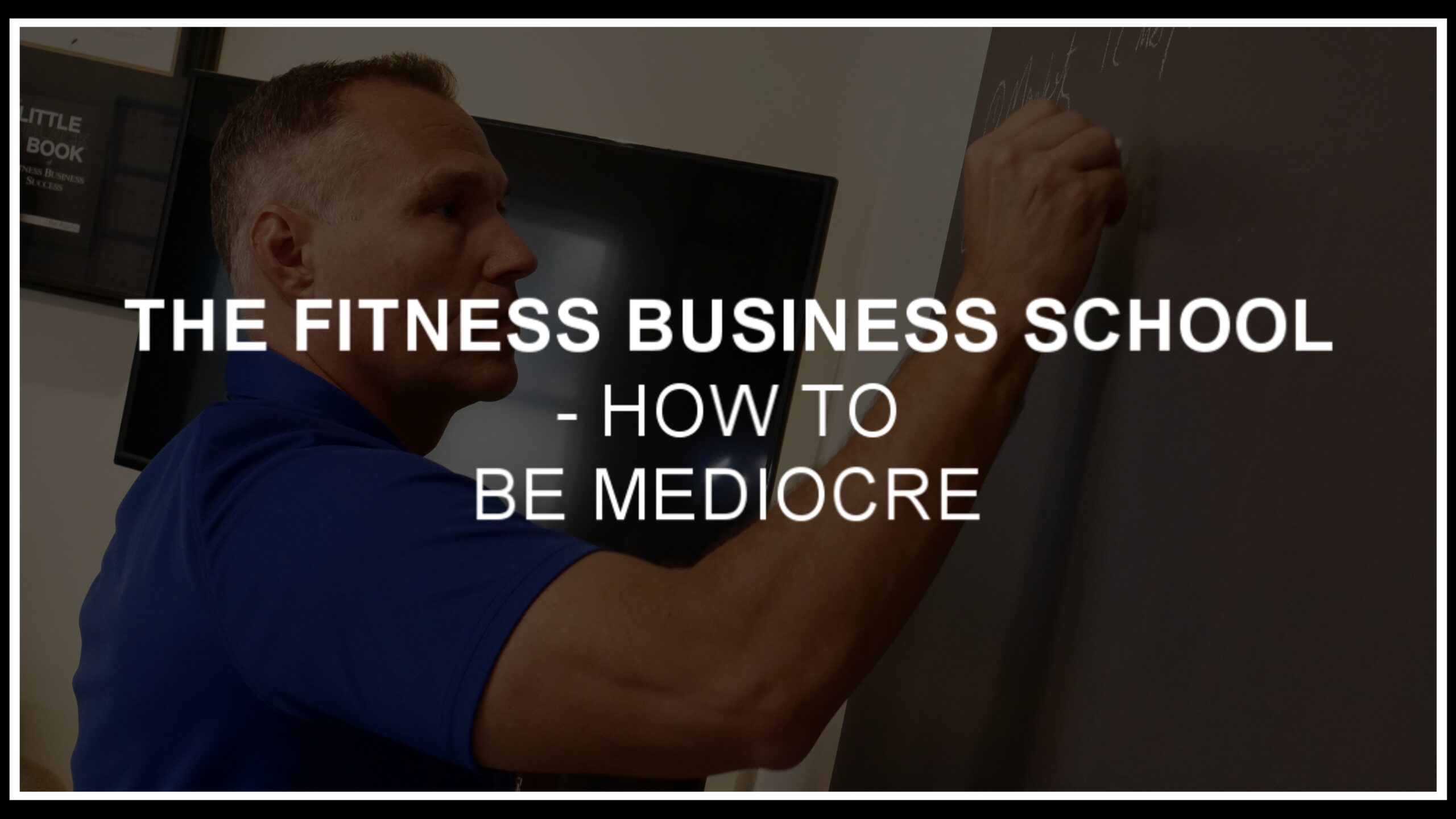Show Notes
- 1 – Set written goals
- Personally, professionally, financially
- Abstract ideas are more difficult to reach
- 2 – Lifelong Learning
- Read, have mentors, masterminds
- There are always smarter people to learn from
- 3 – Learn and move on after failure
- Go into “solution mode”
- You either win or you learn
- 4 – Overcome your fear and learn it to focus
- You can’t win the big game without the big game moments
- If it doesn’t make you nervous, the payoff isn’t big
- 5 – Win today
- Establish goals then plan your day
- Move towards goals daily
- It’s one pitch at a time
P.S. – 6-Weeks of Coaching…Free.
Get a surge of new clients and revenue over the next 6 Weeks with ZERO FEE and no obligation to continue?
If you’re a current business owner who wants to add 50K or more in annual revenue over the next 12 month, you can Test Drive our coaching program for 6 Weeks with no fee or even an obligation to continue as a way to demonstrate how we can help you grow your business.
No strings attached. No obligation. You get our best coaching & tools…and hopefully, you’ll love it enough that you want to keep working together.
Would you be interested in discussing?
If so, email me here with ‘interested’ in subject line and we’ll set up a chat.
Full Transcript
Hey Pat Rigsby here and in this episode, I want to talk with you about five things that have helped me along my journey as an entrepreneur. So let’s get to it.
Welcome to the fitness business school with Pat Rigsby, the podcast for fitness entrepreneurs who want to make more income, have greater impact, and enjoy more freedom in their ideal business. If you’d like an accelerated route to these goals, email me at [email protected] and put BGA in the subject line and I’ll get you all the details about our business growth accelerator program.
Today. I wanted to talk to with you about some kind of tried and true things that have helped me along the way in my time as a business owner, and really any leadership endeavor that I’ve that I’ve embarked on because, you know, if I look back, there’ve been so many contributing factors to any type of success that I’ve had, but there are probably five that stand out above the rest. Now, the first one is setting written goals and I’m pretty specific about that written goals. You know, had been kind of a, a hallmark of my, my journey along the way. I, I remember writing goals about, you know, what type of career I wanted to have when I became a college baseball coach setting program goals all the way up to setting goals personally and professionally every year in tandem with my, my wife. So the, the written goal side of things I think has been critical. You know, I think a lot of people have very abstract ideas or things that they kind of dream about.
But for me being very specific, you know, putting some sort of, kind of smart goal in place that, that, that is quantifiable, that has a deadline. It’s always helped me a bunch. And it’s something that I encourage clients to do. Really every quarter we come back and we revisit w what their goal should be for the next 90 days and try to tie them into their, their bigger picture vision. But I think setting written goals have those, it’s always given me that kind of beacon, that, that kept me moving in the right direction instead of just drifting or getting caught up in the day-to-day. So that is the first thing that I think has helped me consistently along the way. The second thing is just lifelong learning, if you will, and that’s kind of a broad all-encompassing category, but it’s basically a combination of reading finding mentors and participating in things like mastermind or coaching groups. And my logic is, has always been simple.
There, there are plenty of people out there who are further along than I am in some area of work or life that have experiences that are willing to share them, whether it be in a book that they’ve distilled things down to or through coaching. And it, I would be foolish not to take advantage of all of that, so I can go further faster. And, you know, that’s, that’s been something that, that I think I was fortunate. My mom was you know, wasn’t is very much a, an avid reader reader, and I’ve been a reader of nonfiction really, as long as I can remember you know, thinking the library, being a very holding a very fond place in my memory and, you know, it started there, but it’s, it’s just continued on there. You know, there, there are just so many any people out there that, that have done things that, that I can learn from that I could you know, probably use to avoid similar mistakes, to find motivation through to, to, to inspire me. So being a lifelong learner has his help considerably the third is, is maybe one that, that some people struggle with, but learning from failure and moving on relatively quickly.
You know, I think I’ve faced just as many challenges as most people is many bumps in the road, struggles, failures, whatever you’d like to call them. And for the most part, I have kind of shifted immediately to solution mode. And in fact, you know, I think coming up in competitive sports team sports, it’s you know, it helped me a bunch just to kind of learn that mindset of, of you win or you learn. And, you know, whether it’s striking out as a player or losing a game as a coach you know, that there there’s nothing you could do to go back and rectify it and change that, that outcome, but you can certainly learn from it to have better outcomes in the future. And that’s, that’s something I know that I learned through sports, and it it’s really helped me along the way instead of dwelling on things instead of getting hung up and, and not moving forward. And, you know, I think as a business owner, I’ve probably you know, had had a a similar winning percentage or success, if you will, to most people is just, I’d probably move past the losses quicker than, than some. And then the fourth thing I think has helped me is understanding that really all of my meaningful accomplishments have kind of come on the other side of it, fear you know, and again, and this is kind of something learned from, from team sports, right? The and I’m sure you could have, have the same thing in place with individual sports. That’s just my, my experiences were, you know, team sport based. And for me, recognizing that you can’t have a game winning hit, unless you’re coming up to bat in a situation that you’re probably really nervous and anxious about, or you know, you, you, you’re playing in a big game, a big moment, you have butterflies.
And you know, if it’s not important to you, if it doesn’t cause a little bit of fear, a little bit of a nervousness or some of that good stress and anxiety, then, you know, the, the potential upside is probably not going to be very big and I can look back and think, okay, I felt that way when I took the head coaching job at Shawnee state university, when I was 23, I was, I was nervous thinking that, man, I’m just going to fall flat on my face and kind of become a public laughingstock since it was a pretty public job or you know, starting my first business and maybe thinking that, Hey, maybe I can’t do this right. Maybe you know, I, I can be a baseball coach, but that’s about all I can be or yeah. Taking off on the responsibility of being a stepdad. I mean, they’re, they’re just been along the way. There’ve been all these things that, that, that I’ve been fearful about or nervous about. And every one, one of the meaningful leaps forward my life came on the other side of that. It came after having some sort of a fear, stress feeling of pressure. I mean, I’m certainly a believer in mitigating pressure through preparation, but I don’t think you get to eliminate pressure. There’s still, you know, if you care about something and in the potential outcome, the, the, that you’re pursuing or the risk involved in it, then you, you are going to have a little bit of fear and a little bit of stress. And that’s good because I think the other benefit is I, I’ve kind of embraced the, that helped me focus. It’s really easy to kind of drift and go through the, and stay in your comfort zone, but that, that sort of fear induced pressure has helped me focus and do some of my best work.
So that’s number four. And then number five you know, I’ve always kind of been of the mindset that, you know, I can win today. I don’t get so caught up in 1, 3, 5, 10 year plans. You know, once I establish some goals, I have always been a planner. I’ve used a paper planner in some iterations. It’s about 1994. And before that it’d be like writing on index cards or something and you know, mapping out the day saying, okay, what can I do now? And, you know, it’s no different than the stuff that I would tell my, my youth baseball kids, it’s playing one pitch at a time looking at what’s right in front of us and what can we do right now? And if you stack up enough days one, or kind of those small steps forward, then over time, you’ve covered a lot of ground. You’ve made a lot of progress and you’ve controlled that one day that you can control. I can’t do a whole lot with what’s going to happen six months, 12 months, two years from now, but I can focus on what’s in front of me and make sure that I’m moving forward and putting myself in a better situation for tomorrow. So if I think about the five things that, that have probably helped me most yeah, that I think that that’s probably the list. I’m sure that there might be a couple of others that, that are vying for one of those five spots. But I think that if you are somebody who is setting very specific, tangible goals, and for me, that’s written you’re, you’re continually trying to learn from others in some format. You’re, you’re kind of raising the bar of what your environment looks like. You’re, you’re learning from the failures that come and not seeing them as anchors, but maybe springboards your using fear as a way to focus and, and, and help motivate you. And then, you know, you’re, you’re winning the day. You’re, you’re probably going to be in a pretty good position to be successful. So I know they’ve helped me a bunch and hopefully they help you. Well,
Thanks for listening to this episode of The Fitness Business School. And before you go, I have a quick announcement. When I first connect with a fitness business owner, they almost always ask me, “How can I get more leads or how can I get more clients?” Well, I have an exclusive offer for you and it’s going to help you do just that. As a listener of this show, you can test drive Fitness Lead Academy for six full weeks for just a dollar. Fitness Lead Academy is a one of a kind program where you get done-for-you marketing tools and coaching to attract more qualified prospects and convert them into paying clients. Imagine having three marketing emails written for you each and every week for easy-to-deploy promotions provided to you that are proven to convert and they’re ready to use and proven ads and social media posts given to you each and every month as well. Plus you have access to three weekly live video coaching sessions to help you with everything from dialing in your brand to navigating things like building funnels and getting ads approved. You get all of this and more when you join Fitness Lead Academy. And to prove that FLA can serve you as your virtual marketing department and not only save you plenty of time, but also consistently bring you more leads and clients, you can get access to the entire coaching program for six full weeks. Again, for just $1. If it delivers for you in the way that I expect it will, you can continue on for just $199 a month. So basically, just one additional client each month and you’re ROI positive. And I’m sure that if you apply what we give you, you’re going to get more than just one additional client each month. And you’re going to likely save at least 10 hours a month to take advantage of this special offer. Just go to TestDriveFLA.com to try it out for six full weeks. If it’s not what you’re looking for, you can cancel it any time.
Just go to TestDriveFLA.com to get started.


